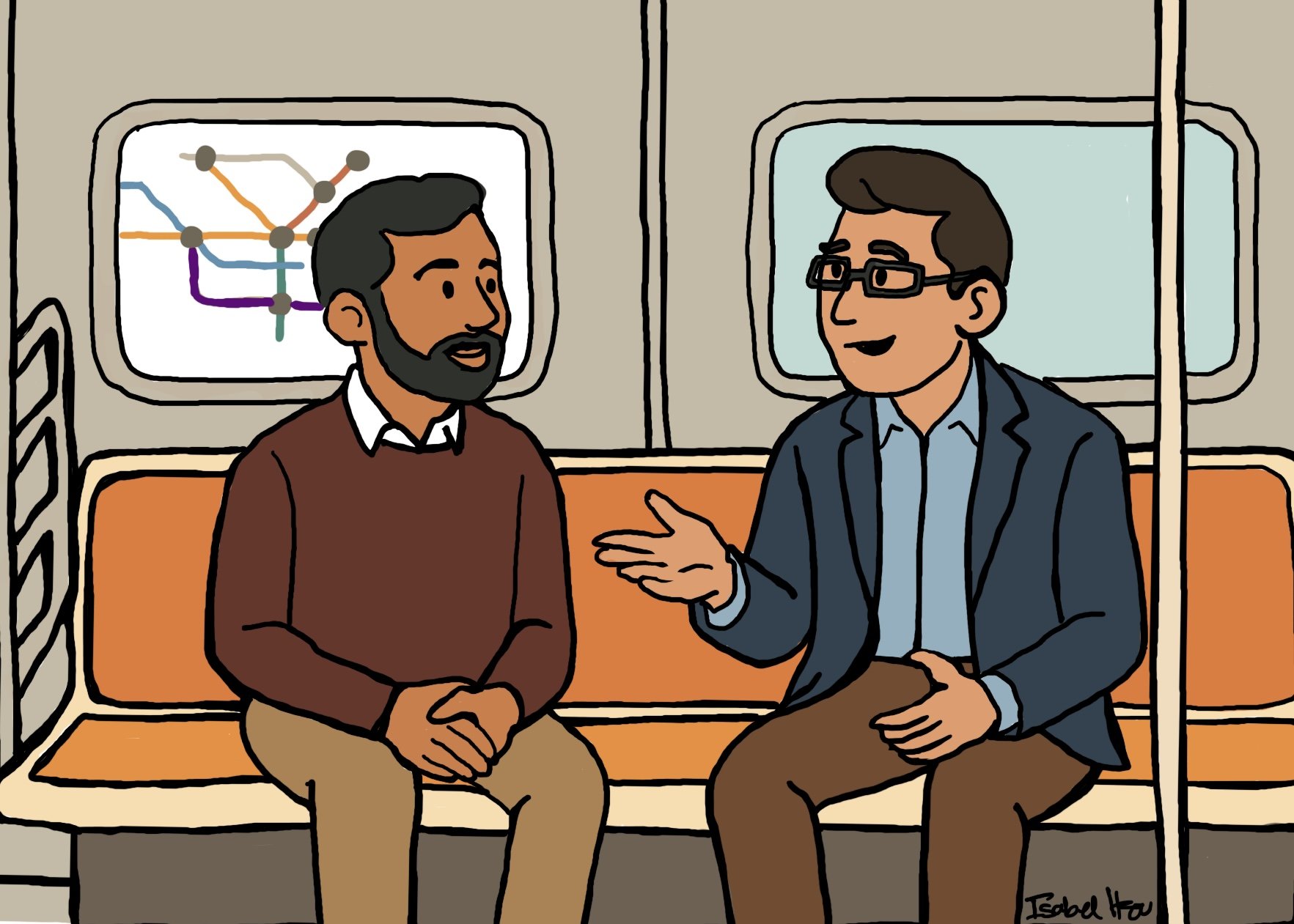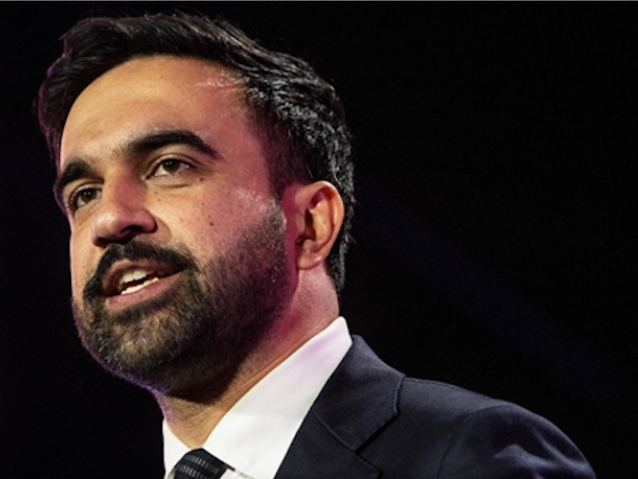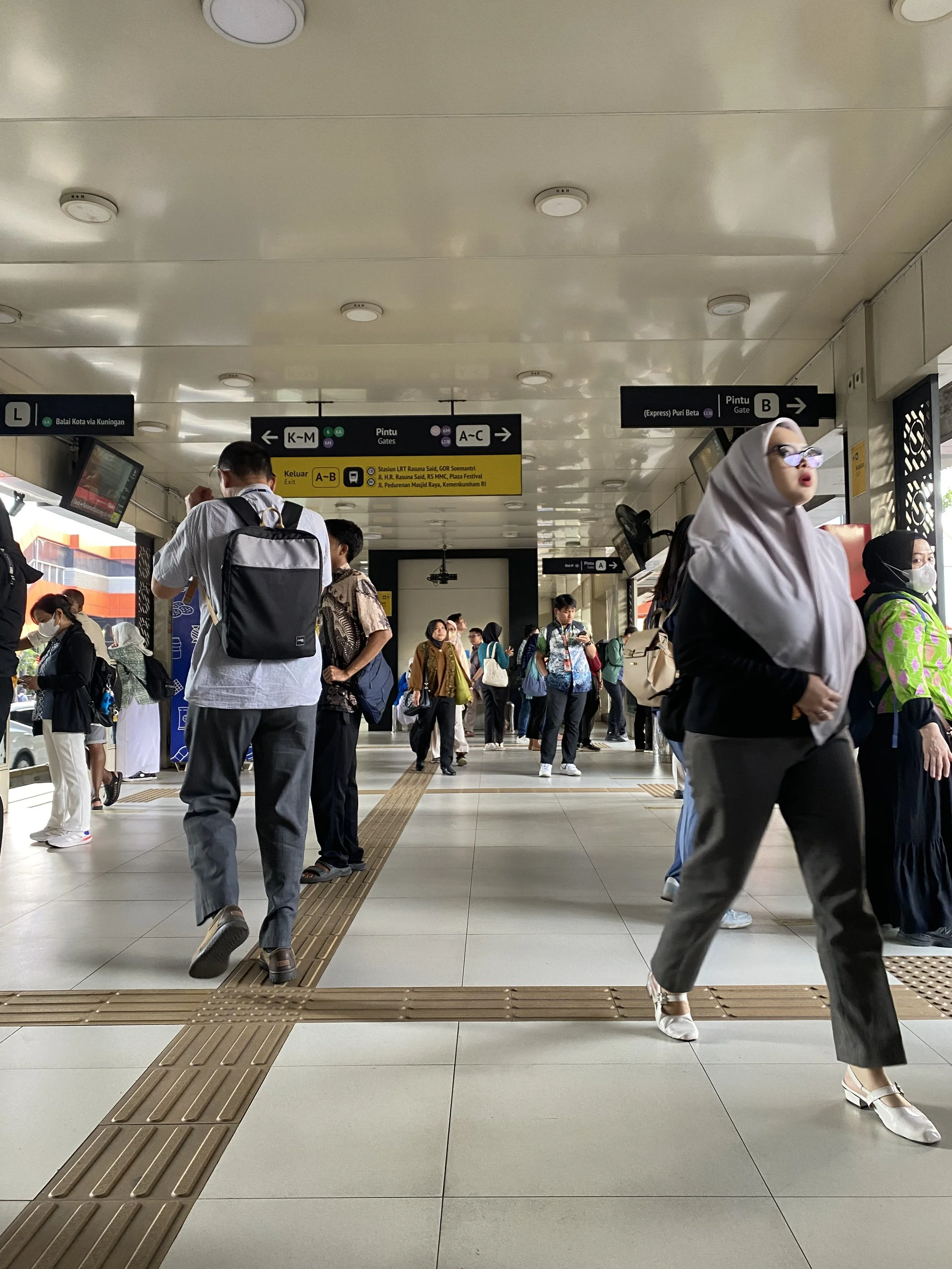FEATURED
the morningside pod
In this episode of The Morningside Pod, hosts Varun and Celia sit down with Professor Jean-Marie Guéhenno, former UN Under-Secretary-General for Peacekeeping Operations and director of SIPA’s Kent Global Leadership Program.
Professor Stephen Biddle is the International Security and Diplomacy Concentration Director at SIPA. He is a member of the Arnold A. Saltzman Institute of War and Peace Studies and Adjunct Senior Fellow for Defense Policy at the Council on Foreign Relations.
Recent news
Declining trust in institutions is shaping how governments make policy. How can local governments adapt to a world increasingly defined by doubt?
As museums rethink how they treat the dead, Jamestown’s “Jane” has become a flashpoint, sparking urgent questions about consent, exploitation, and whether human remains belong in exhibits at all.
A record-breaking shutdown, a sudden freeze on SNAP, and a 118% surge in need: inside the East Harlem pantry fighting to feed a city as government aid collapses.
Faith-based organizations have helped communities rebuild trust, but their track record also includes moments of exclusion and bias, raising difficult questions about when faith helps mend divisions, and when it reinforces them.
In this episode of The Morningside Pod, hosts Varun and Celia sit down with Professor Jean-Marie Guéhenno, former UN Under-Secretary-General for Peacekeeping Operations and director of SIPA’s Kent Global Leadership Program.
Stephen Chmelewski calls on professors, not students, to restore “the sanctity of the classroom” by banning laptops, with clear exceptions for accessibility.
Beneath the beautifully designed posters lining IAB lies a hard truth: aesthetic politics can’t compensate for the limited power of student governance, nor solve the real policy shocks students are now facing.
As Zohran Mamdani steps into New York’s political spotlight with a similar ethos as Ekrem İmamoğlu, his path forward may look uncannily similar: full of promise, but shadowed by warning.
As New York celebrates Zohran Mamdani’s historic mayoral win, one SIPA student sees something deeper: a call back to purpose.
Steven Hankins calls on the mayor-elect to curb police overreach on campus, block ICE expansion, and stand firmly for academic freedom.
Behind the glittering infrastructure plans lies a middle class stretched to its breaking point, with wages stagnant, debt climbing, and savings evaporating.
Thank you, fellow Seeples, for trusting us with your most difficult problems. The Morningside Post is here to help with our best solutions.














Stephen Chmelewski calls on professors, not students, to restore “the sanctity of the classroom” by banning laptops, with clear exceptions for accessibility.